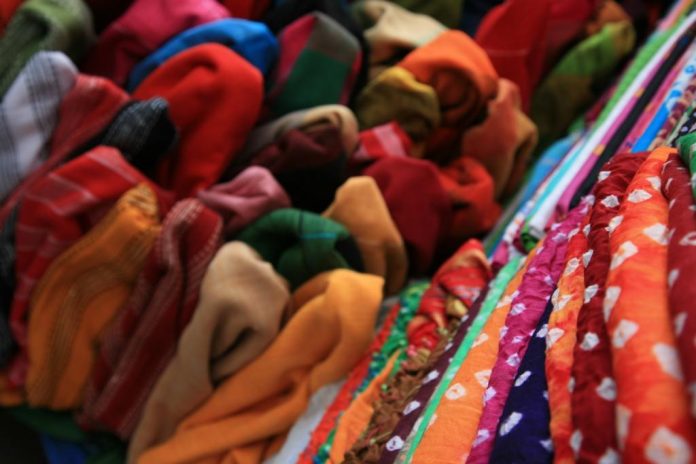In a letter to Prime Minister Shehbaz Sharif, textile exporters have called on the federal government to reverse recent policy measures that they claim are disrupting the supply chains crucial to maintaining Pakistan’s $9 billion value-added textile export industry.
The Pakistan Readymade Garments Manufacturers and Exporters Association (PRGMEA) and the Pakistan Hosiery Manufacturers and Exporters Association (PHMA) urged the government to take immediate action to address tariff-related barriers and restrictive policies that have, according to the associations, been hindering trade and supply operations.
The letter outlines four main areas that require urgent attention in the upcoming fiscal year’s budget. The associations expressed concern that changes to the Export Facilitation Scheme (EFS) have had an adverse effect on small and medium-sized enterprises (SMEs), calling for the restoration of the original scheme to ensure international competitiveness and stability in the sector. They argued that the new scheme, in its current form, has been detrimental to SMEs, which play a key role in the value-added textile industry.
The exporters also emphasized the importance of reinstating the exporters’ final tax regime, which they say would reduce compliance costs, minimize administrative burdens, and help SMEs maintain financial stability in these challenging times.
The associations urged Prime Minister Sharif to instruct the Federal Board of Revenue (FBR) to issue automated and expedited sales tax and customs rebates, along with reimbursements for the Drawback of Local Taxes and Levies (DLTL) and Duty Drawback of Taxes (DDT), in an effort to improve liquidity for exporters.
Another key demand was the unconditional continuation of DLTL through a simple, paperless process, aimed at reducing the financial strain on exporters who have been facing severe liquidity issues. Exporters believe that continued access to DLTL would help ease cash flow concerns and allow businesses to remain competitive in international markets.
Furthermore, the associations called for the government to engage in productive negotiations for a zero-for-zero apparel tariff agreement with the United States. The aim of such an agreement would be to lower Pakistan’s current apparel tariff of 29%, thereby boosting export competitiveness and providing the textile sector with the opportunity to expand in new international markets.
The letter warned that failure to act quickly on these demands could lead to the widespread closure of export units, foreign exchange losses, and rising unemployment, which would have dire consequences for the country’s economy.
The letter concluded by emphasising the critical importance of addressing these issues promptly to protect Pakistan’s largest employment-generating export sector and to support the government’s goal of reaching $100 billion in exports. The associations have urged the government to act swiftly to safeguard the industry and prevent further damage to the textile sector.




